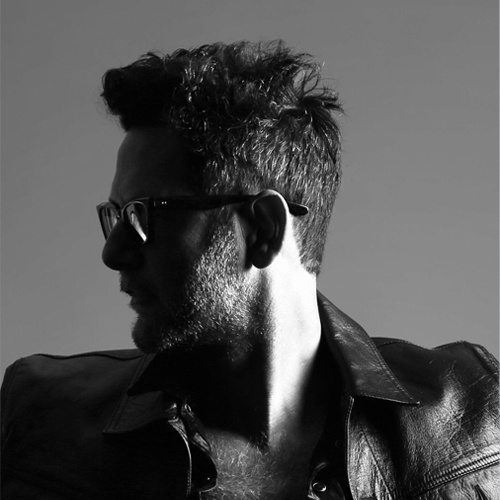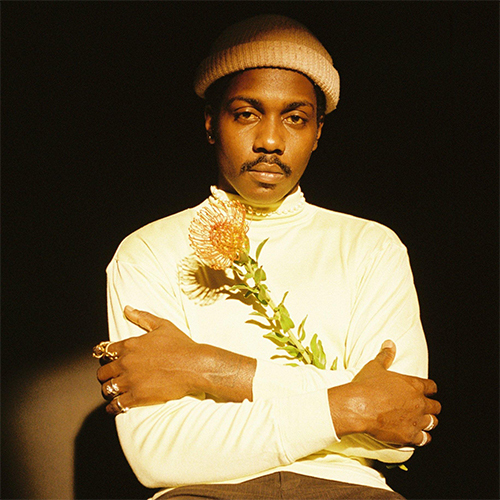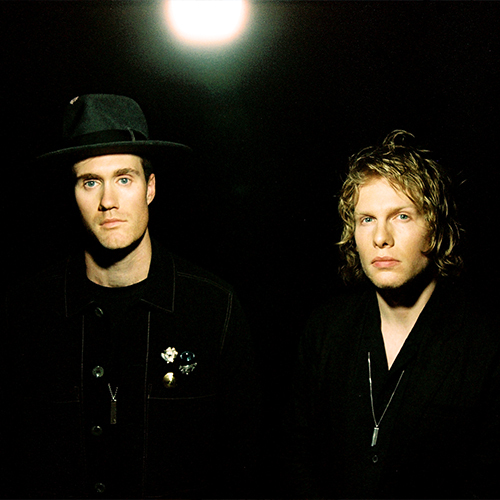
Fatboy Slim
Sitting in his kitchen in Portslade, Norman Cook is ruminating on his travels over the past year. The mega-gig he’s just announced at Brighton’s Falmer Stadium is special – “I was involved with the fight to get Falmer built – I took a petition to Downing Street, I went on the marches – so it’s a celebration of Brighton, it’s a celebration of getting the stadium, it’s celebration of my links with the Albion, it’s the icing on the cake for all of us” – but it’s just one in a litany of amazing-sounding shows that Cook has played recently, a faintly deranged global journey stopping at all points from the Big Brother house in Brazil to the Great Wall Of China.
Playing a DJ set there, he says, was “one of those boxes that needed to be ticked off”, as if everyone has a to-do list stuck to their fridge with PLAY DJ SET ON GREAT WALL OF CHINA just below GET MORE BIN BAGS and DENTIST’S APPT. “Everyone said it was like playing at an M25 rave. It was in the middle of nowhere, two hours outside of Beijing, right by the Mongolian border, in the car park of the tourist center. There’s nobody there at night. We’d had our gear impounded at customs, we were fully prepared for the idea that it might not happen. And 5000 people turned up. Projecting lasers onto the Great Wall Of China! I don’t know how we got away with it.”
The trip to China was part of an epic journey that began in Ibiza and involved Cook flying around the world backwards (“I was fine, let’s be honest, my body’s used to far worse abuse than that”), stopping off at Detroit and Las Vegas along the way. The latter is the site of a new residency, at a new hotel purpose-built around something called a night-and-day-club. “They’ve got a pool area purpose-built for pool parties that the nightclub opens onto. We put the decks in the pool and everyone dances in the pool. You have to have towels everywhere because whenever you play a big tune everyone goes mental and the decks get splashed. It’s not a hardcore dance crowd, but it’s a party that couldn’t happen anywhere else in the world. It’s got Vegas, baby written all over it. 105 in the shade, everyone’s in bikinis. And that’s just the blokes.”
The former, meanwhile, encompassed something Cook calls “the defining moment of my recent career”, a headlining performance at the Detroit Movement festival. “To go to the home of techno, which I’ve bastardized so many times over the years…” his voice trails off in wonder. “I was invited by Carl Craig. I thought, this is going to be like when Tommy gets made in GoodFellas, I’m just going to get there and they’re going to shoot me in the back of the head. But it totally worked, it was like a big euphoric release at the end of the festival: this is what I’ve done with techno music.
I think it’s because Americans can be a bit po-faced and purist about dance music, they’re scare of selling out. So someone comes in with a bit of a sense of humour and puts on a show…”
He still heads into his studio to chop up other people’s tracks for use in his DJ sets, to which end, he clicks a button on his laptop and out bursts a highly improbable mash-up of Queen’s Bohemian Rhapsody, Armand Van Helden’s New York City Beat, The Incredible Bongo Band’s Apache and Prokoviev’s Peter And The Wolf, which is simultaneously brilliant, entirely ridiculous and the kind of idea that only Norman Cook would have. But at the moment, he’s concentrating on DJing rather than making records. “I did 70 gigs last year,” he says. “I’ve never done that many before. I’m just really enjoying doing the gigs, as a career. This is my job, I love doing it, I still seem to be getting away with it.”
That’s certainly one way of putting it. In Brazil, Cook has become – to his faintly baffled delight, “more famous than I am in England”, as a result of the DVD of his Brighton Big Beach Boutique II event becoming the must-have item for clubbers wanting to show off their flat-screen TVs. “They basically all watched the DVD of Brighton Beach and went: that’s our idea of a fantastic party. So, a promoter got Nokia involved, they paid for everything. We ended up with 360,000 people on Flamingo beach in Rio. It went out live on the telly. It was the biggest thing in dance music that had every happened in Brazil. That launched a whole career for me playing in Brazil. I love going there. It’s a fantastic country, amazing music, people and culture and food. I started spending a month of the year there. I went and DJed in the Big Brother house! And then, just out of sheer why’s-no-one-ever-done-that-before, I played at the Salvador Carnival in Bahia. 5 million people on the streets, me on an articulated lorry with a proper sound system on the top. It’s normally just samba bands, but I did it and everyone went nuts.”
These days, Cook’s show involves not just playing his own patented brand of “party acid house”, but a complex audio-visual production. “I’m technically a video jockey now. We write scripts for all the tunes, make films. In the past, I used to have to literally hold up the next record I was going to play to the guy who does my visuals, and he’d have to find the images to match it. And they were never synched. But now, because of the technology, no matter what speed I play at, even if I just chop quickly into it, the visuals are all synchronized. It’s a show.”
There’s more: DJing back to back with Carl Cox, unwittingly becoming FA’s “official World Cup DJ”, a forthcoming tour of “nice characterful old ballrooms in Britain”. It goes on and on: it shows no sign of stopping. “Oh no. I love it too much. I can still get away with it. It doesn’t matter that you’re old and bald and grey and fat, because you were never a sex symbol in the first place. We’re pushing new limits. No one knows what the cut-off age limit of a DJ is. And apparently, it’s not yet.” Norman Cook roars with laughter. “I take great delight in that.”











